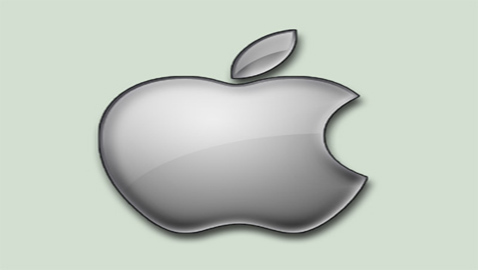Twin Tragedies Spell Disaster For Apple’s Advertising
Post Views 1
Two tragedies are the cause of this fall from grace.
Lots of people are assigning lots of reasons for the flagging standards. But the prime reason it seems is that those at the helm of affairs are not as talented or committed or knowledgeable as the venerable Steve Jobs or the people he placed his faith upon.
Steve Jobs is renowned for his famous quips and one of his more famous quotes, associated with the advertisement business, is when he told his ad agency, “I want insanely great advertising.”
This he told to Chiat Day, the agency that has now shifted allegiance to partners other than Apple. The co-founder of Chiat Day, Jay Chiat had reportedly told Steve, “I can’t wait to see how big we get before we turn to s**t!”
It seems that both the big fellas have got their wish. For years Jobs got the type of advertising that was widely recognized as being simply outstanding and achieving the desired results for Apple and then the ads for the launch of Mac, in 1984, Steve got his wish, for the ads became “insanely great.”
Ken Segall, who worked closely with Steve Jobs as his ad agency creative director recalls what it was working with Jobs, “Typically there would be no formal agenda. We’d share our work in progress with Steve and he’d share whatever news he had. This was how we all stayed up to date.”
Concurrently Chiat was building an agency that was to become representative of the advertising business achieving great success and brining out great work for a range of major clients including Apple.
The first tragedy struck in 2002, Jay Chiat passed away.
At the time of his passing the agency was concentrating more on profits and the bottom line mattered more than quality. This was even more noticeable since it was acquired by Omnicom and its merger with TBWA in 1995. Its work had already begun to suffer.
Amazingly what was surprising was that inspite of an overall decline in quality the work that Chiat continued to turn out for Apple still bordered on the outstanding and drew unstinted praise and plaudits from advertising aficionadas.
The reason was simple. Steve Jobs was keeping an eye on the advertising. He was a control freak and did not rely on a third party for advice. He looked into every single aspect of the ad. He listened to his gut feelings and more often than not was always right.
His colleagues say that he would “kill anyone suggesting he rely on third party boiler plate research, focus groups, datametrics and all the other bulls**t agencies love to bombard clients with.”
On Jay and Steve, Segall says, “The working styles of both Jay and Steve have stuck with me over the years. I can think of no better examples of leaders with a talent for keeping their teams focused on the mission and focused on producing great results. And both built spectacularly successful businesses. It’s not a coincidence.”
And this brings me to my second tragedy: In 2011 Steve Jobs died.
Apple’s advertising now is rudderless and in shambles, an unmitigated disaster. The new TV campaign features a widely lampooned “Apple Genius” showing people on flights, on the street and even those about to give birth how to use their Macs. The ads are a virtually copy of the “Dell Dude,” the only difference being that this is worse than the dell ad. At least the Dell Dude was funny; this Apple guy is someone you want to punch in the face.
The moral of the story is that without Steve Jobs, the original visionary, things are just not the same and Jay’s prophesy has come true, the ads have turned to s**t.
Twin Tragedies Spell Disaster For Apple's Advertising by Harrison Barnes

